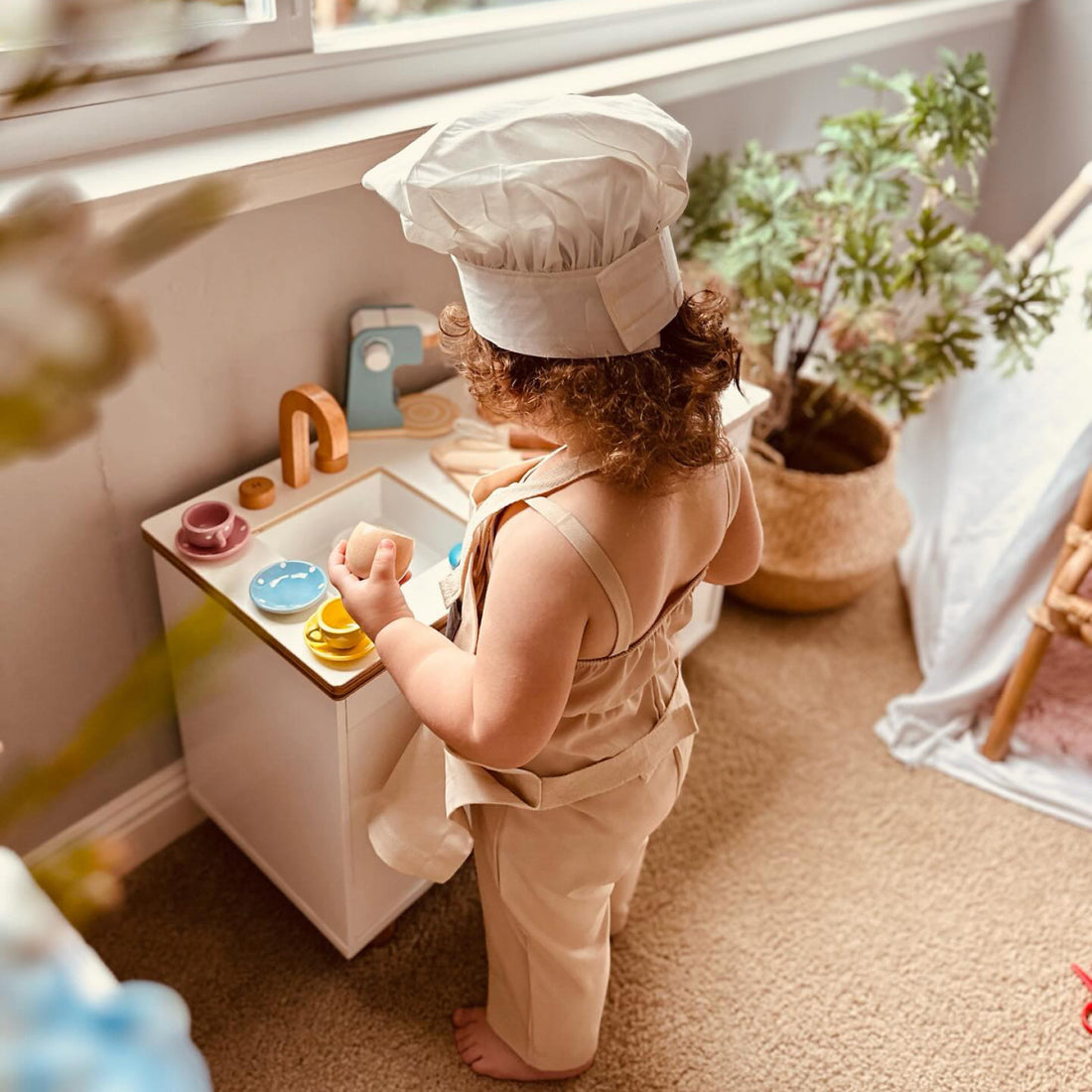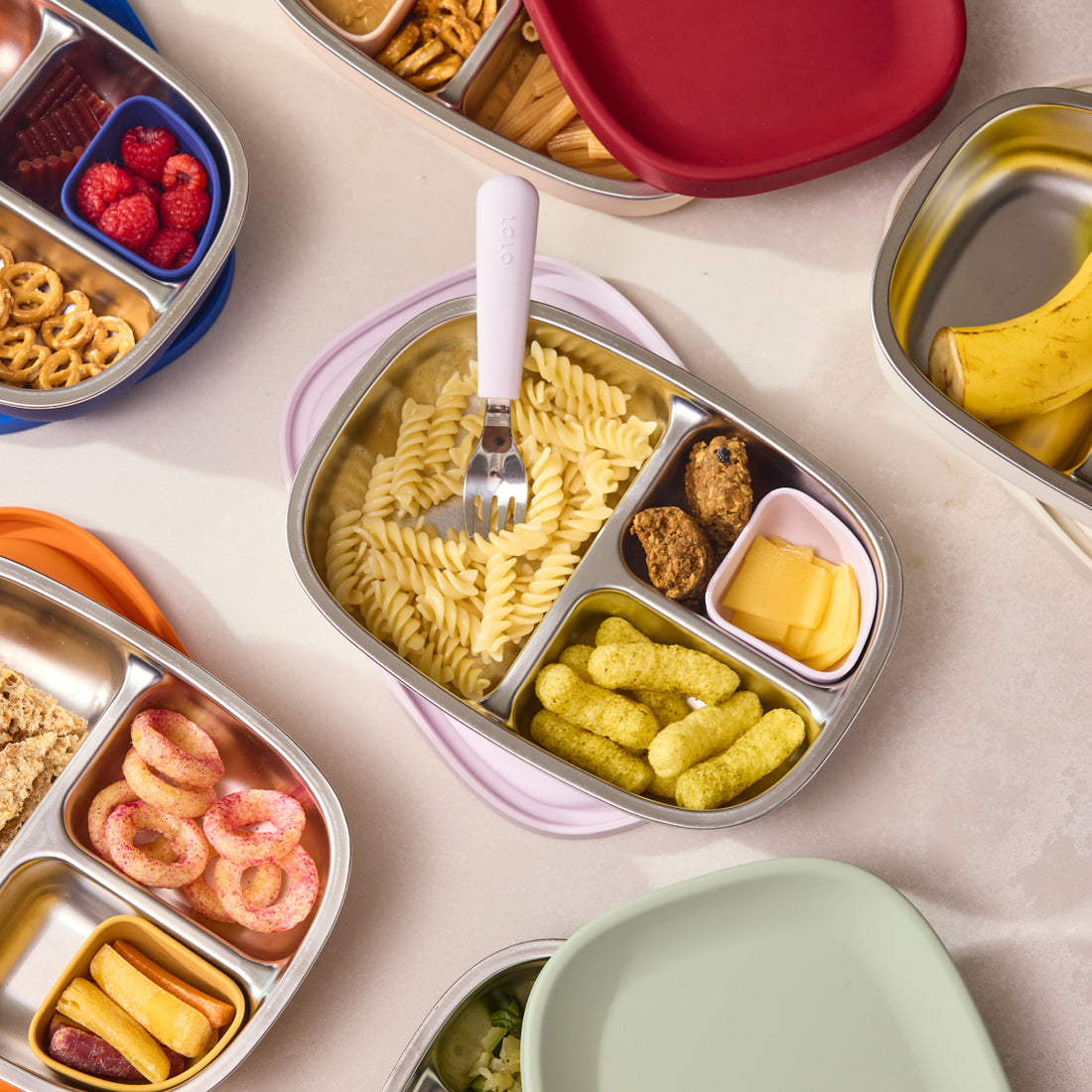Understanding and Overcoming Mom Guilt and the Mental Load
by Dr. Sarah Oreck, MD MS
Co-founder and CEO of Mavida Health
Motherhood is a beautiful journey, but it’s often accompanied by complex emotions and challenges. Two of the most frequently discussed topics among moms are "mom guilt" and the "mental load." Let’s dive into these concepts, understand their origins, and explore practical solutions for navigating them.
Watch the webinar:
What Is Mom Guilt?
"Mom guilt" refers to the feelings of anxiety or self-doubt mothers experience when they believe they’re falling short of expectations. These expectations may come from society, family, or even from within—an internal desire to be the “perfect” parent. This guilt reflects a mix of love, self-criticism, and the struggle to balance the many demands of motherhood.
Social media plays a significant role in amplifying mom guilt. Platforms often showcase idealized portrayals of parenting, acting as a highlight reel of polished moments while omitting the messier realities. It’s easy to fall into the trap of comparing your behind-the-scenes to someone else’s curated content, adding to the pressure.
Embracing "Good Enough" Parenting
The concept of "good enough parenting," introduced by psychoanalyst Donald Winnicott, offers a refreshing perspective. It emphasizes that parents don’t need to be perfect to raise healthy, well-adjusted children. Instead, the focus should be on creating a stable, loving, and responsive environment.
Good enough parenting includes:
-
Being okay with imperfection.
-
Meeting your child’s basic needs.
-
Being present without striving for perfection.
-
Creating a secure attachment through emotional availability.
-
Taking care of yourself to model self-compassion.
Striving for perfection sets unattainable standards, leading to burnout and dissatisfaction. Accepting that "good enough" is indeed enough can be liberating.
The Mental Load: The Invisible Burden of Motherhood
The mental load refers to the often-unseen labor of managing a household and caregiving responsibilities. This includes tasks like scheduling doctor’s appointments, planning meals, organizing school activities, and more. Unlike physical tasks, the mental load is constant and cumulative, with no clear endpoint.
Why does this burden disproportionately fall on moms? Societal and cultural norms often assign women the role of primary caregiver, leading to gendered expectations about parenting and household management. This expectation to “do it all” can leave moms feeling overwhelmed and undervalued.
Practical Solutions for Sharing the Mental Load
-
Communication Is Key
-
Openly discuss responsibilities with your partner or support system.
-
Be clear about your needs and set boundaries.
-
-
Use Tools to Stay Organized
-
Implement shared calendars for appointments and activities.
-
Hold weekly meetings to plan the week ahead and divide tasks.
-
-
Own Your Tasks
-
Assign responsibilities rather than delegating tasks. For example, one parent handles all school-related matters, while the other manages extracurriculars.
-
Building Your Village: Finding and Nurturing Support Systems
Motherhood is not a solo journey. Building a support network can make a world of difference. Here are tips to create and strengthen your parenting village:
-
Seek Emotional Support
-
Join local mom groups or virtual communities focused on maternal mental health, like Mavida Health.
-
Consider therapy or support groups to navigate the emotional challenges of motherhood.
-
-
Prioritize Advice and Resources
-
Identify what type of support you need, such as sleep consultants, night nurses, or babysitters.
-
Limit advice sources to trusted individuals, like pediatricians or parenting experts, to avoid feeling overwhelmed.
-
-
Share Responsibilities
-
Set regular check-ins with your partner to divide tasks fairly.
-
Ensure responsibilities are shared, not just delegated.
-
-
Be Open to New Connections
-
Strike up conversations with other parents at parks, school events, or community gatherings. A simple question like, “How old is your little one?” can lead to meaningful friendships and resource sharing.
-

Mom guilt and the mental load are heavy burdens, but they don’t have to define your parenting journey. By embracing imperfection, sharing responsibilities, and building a strong support network, you can create a healthier, happier environment for both yourself and your family. Remember, you’re doing great—and you are more than enough.
Meet the Expert

Dr. Sarah Oreck, MD MS, is a Columbia University-trained psychiatrist with a fellowship in reproductive psychiatry and the co-founder and CEO of Mavida Health. Driven by a deep frustration with the shortcomings in maternal mental health care, Dr. Oreck envisioned Mavida Health as a platform to revolutionize access to high-quality mental health services throughout the path to parenthood. As a practicing therapist and prescriber, she combines cutting-edge medical treatments with a holistic, whole-body approach to mental health. She is the daughter of South American immigrants and grew up between Los Angeles and Colombia. She currently lives in Los Angeles with her husband and three children.













